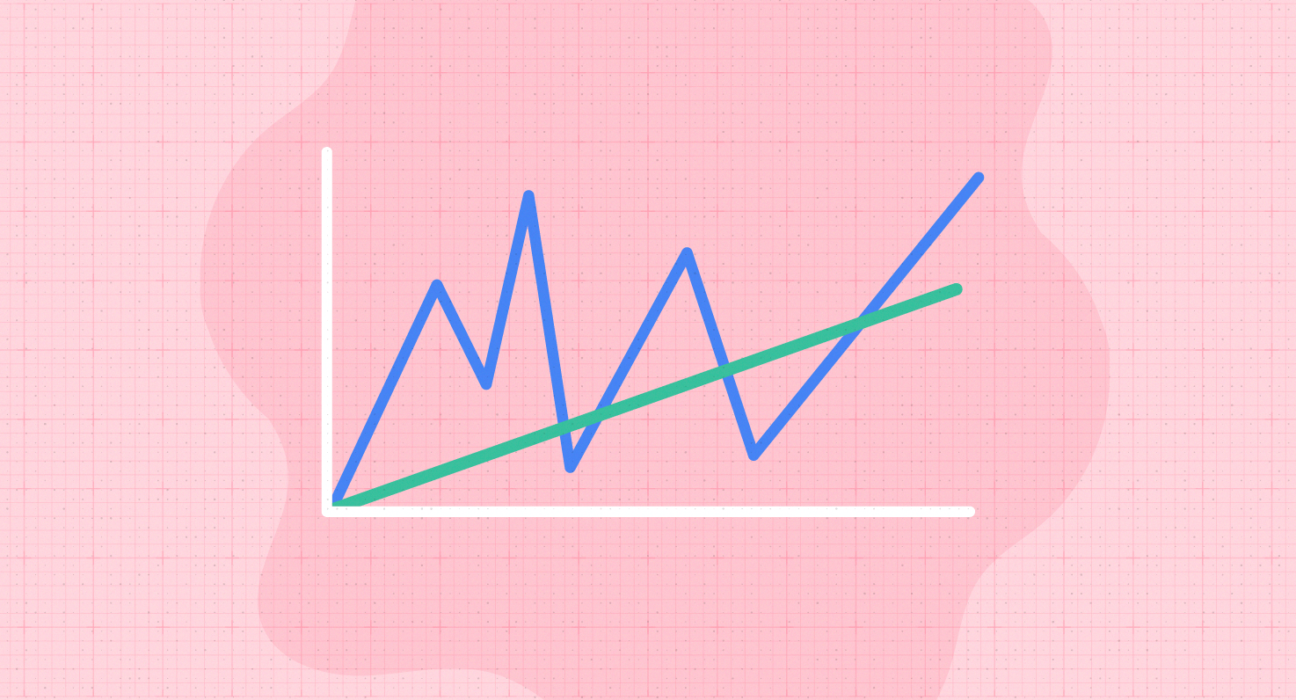So, you’re thinking about diving into the world of mutual funds. But before you do, let’s break down the key differences between two popular types: Money Market Funds and Equity Funds. Strap in for a detailed look at what sets these investments apart.
Money Market Funds: What Is It?
Money Market Funds, often referred to as MMFs, are all about stability. These funds pool money from investors to invest in short-term, low-risk securities like Treasury bills, and certificates of deposit. They’re like the steady hand in your investment portfolio, providing a safe return for your cash with minimal risk.
You can find money market funds on Thndr such as AZS and BSC, which are a low-risk mutual fund that invests in treasury bills and MTF, a shariah-compliant fund that invests in low-risk investments, including treasury bills.
Pros:
- Stability: money market funds are renowned for their stability, offering investors a safe haven for their cash. By investing in short-term, low-risk securities like Treasury bills, they aim to preserve capital and provide a reliable source of income.
- Liquidity: Need cash in a pinch? Money Market Funds got your back. These funds offer high liquidity in comparison to CDs and Bonds, allowing investors to access their funds quickly and easily. Whether it’s for emergency expenses or short-term financial goals, MMFs provide flexibility and convenience.
- Low Risk: With investments in low-risk assets, Money Market Funds minimize the risk of capital loss. By focusing on short-term debt instruments with high credit quality, MMFs shield investors from high risk and volatile investments like the stock market, making them an attractive option for risk-averse individuals.
Cons:
- Limited Returns: While Money Market Funds offer stability, they typically yield lower returns compared to riskier investments like Equity Funds. With interest rates often hovering around the rate of inflation, MMFs may struggle to keep pace with rising living costs over time.
- Inflation Risk: Inflation can erode the purchasing power of your MMF returns. Since Money Market Funds tend to offer conservative yields, they may not provide sufficient returns to outpace inflation, resulting in a loss of real value over time. As a result, investors may find their savings unable to keep up with the rising cost of living.
Equity Funds: Unlocking Growth Potential
Equity Funds, on the other hand, are the engines of growth in your investment portfolio. These funds pool money from investors to invest primarily in stocks, offering the potential for higher returns over the long term. They dive headfirst into the world of stocks, aiming to capitalize on market opportunities and generate capital gains.
You can find Equity funds on Thndr such as AZO which is a high risk mutual fund that invests in stocks, and NM Sharia Equity Fund, which is a fund that invests in Shariah-compliant stocks and islamic deposits.
Pros:
- Growth Potential: Equity Funds are designed to capitalize on market opportunities and deliver significant capital appreciation over the long term. By investing primarily in stocks, these funds offer the potential for higher returns compared to conservative investments like Money Market Funds.
- Diversification: Equity Funds provide investors with exposure to a wide range of stocks, sectors, and industries, effectively spreading risk across their portfolio. By diversifying their holdings, investors can mitigate the impact of adverse events affecting individual companies or sectors, enhancing the stability of their investment portfolio.
Cons:
- Volatility: The stock market can be a rollercoaster ride, and Equity Funds aren’t immune to its ups and downs. Price fluctuations and market volatility can lead to significant fluctuations in the value of Equity Funds, causing short-term uncertainty and potential losses for investors.
- Higher Risk: Compared to money market funds, equity funds carry a higher level of risk due to their exposure to the stock market. While they offer the potential for higher returns, they also come with increased risk of capital loss. Investors must be prepared to ride out market fluctuations and withstand short-term losses for the chance to achieve long-term growth.
Whether you’re seeking stability or growth, understanding the differences between money market funds and equity funds is key to building a well-rounded investment strategy. So, choose wisely and start your investment journey with confidence.




